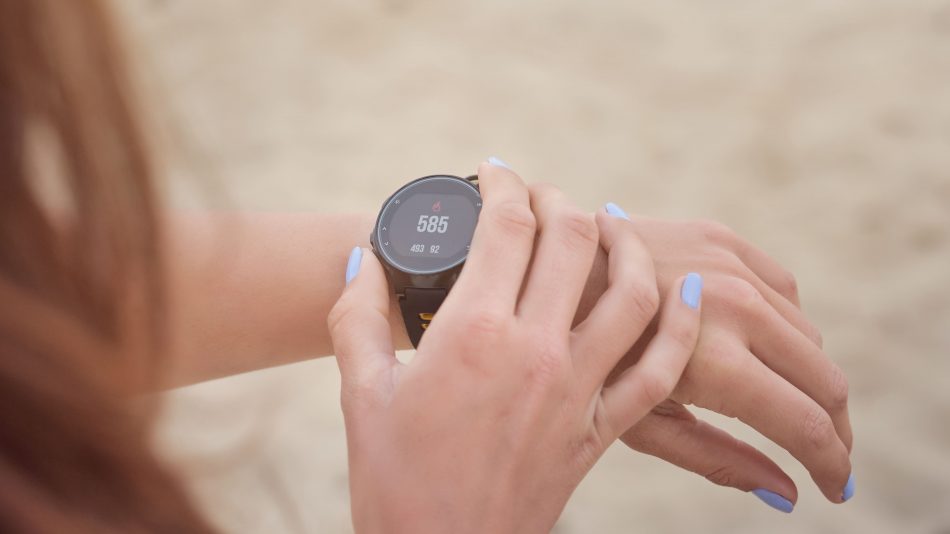In this article we are going to talk clearly and concisely about a series of questions that sooner or later have arisen to everyone, probably many times you have not received an answer, it was not the answer you expected or it was not completely correct. We are going to solve in a very simple way all practical questions that are essential for everyone about calories and kilocalories.
What is a calorie?
A calorie is the unit of energy needed to raise the temperature of one gram of water by one degree. One calorie (cal) is equal to 4,184 joules (J). In the case of people, we usually talk about kilocalories, sometimes very badly called calories.
What is the difference between Kilocalorie and Calorie?
Although they are commonly used synonymously, calorie, Calorie, and Kilocalorie are not the same.
Cal = Kcal = 1000 cal = (4184 Kj)
The official measurement in nutrition is kilocalories, but many times to abbreviate it is called calories, even many products use the term calorie and kilocalorie interchangeably when it really is not the same.
Cal IF EQUAL Kcal
Cal IS NOT THE SAME kcal
In other words, if a sandwich says it has 200 Cal, it is not 200 calories, but 200Kcal and 200,000 Cal. In most cases you will find all the terms merged with the same meaning.
How many calories do I need to increase a Kilo?
In general terms, it can be said that you need about 7,500 calories to gain a kilo of weight. That is, if your minimum needs (basal metabolic rate) are 2000 Kcal per day and you take 9500 (it is not as complicated as it seems) you would gain 1 kilo.
Can I trust the calories I expend according to the machines in the gym?
NO, the information offered by the machines in the room is indicative, not real. To know it 100% we should control the volume of oxygen, take into account parameters such as height, weight, age, use a cardiac monitor, etc. These machines usually establish an estimate of approximate energy expenditure according to the intensity of the exercise that they suppose you are doing.
How much do I have to burn to lose a kilo of weight?
To burn a kilo of fat, generally there must be a deficit of about 7500-7700 Kcal. But be careful, it is not as easy as it seems, remember that this expenditure is not only from accumulated adipose tissue, but also from the daily energy intake, you may be consuming muscle instead of fat, etc.
Let’s see a practical example, if you reduce 300 calories a day, you will reduce 2100 a week, 4200 in two weeks, 6300 in three weeks… so you would need almost a month to lose a single kilogram of weight.
From now on, do not be fooled, or leave training with the feeling of having lost 2 kilos, (which are practically entirely due to the loss of water). Keep these numbers in mind and you will be much closer to achieving your goals.













